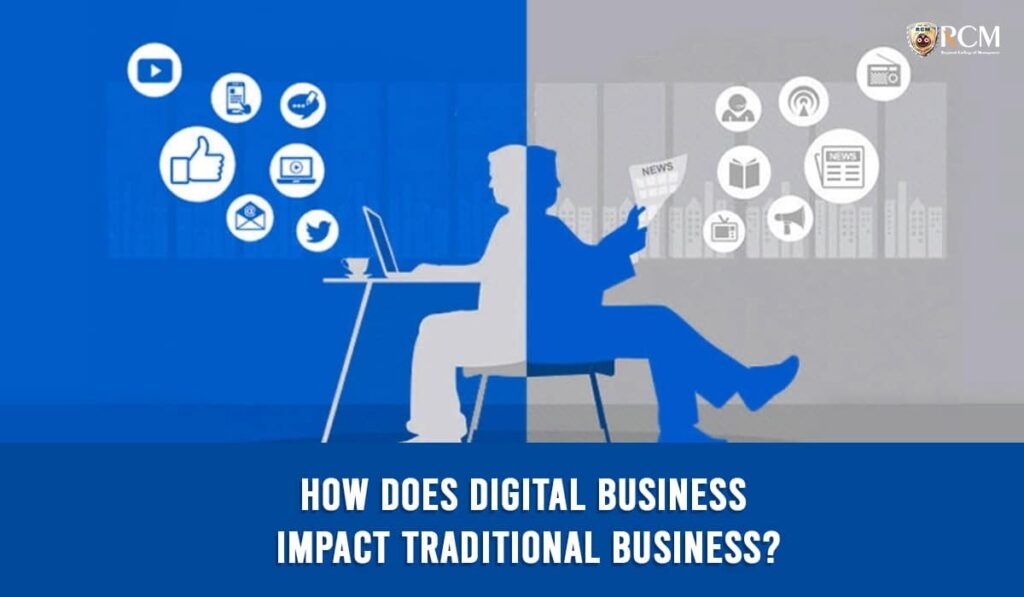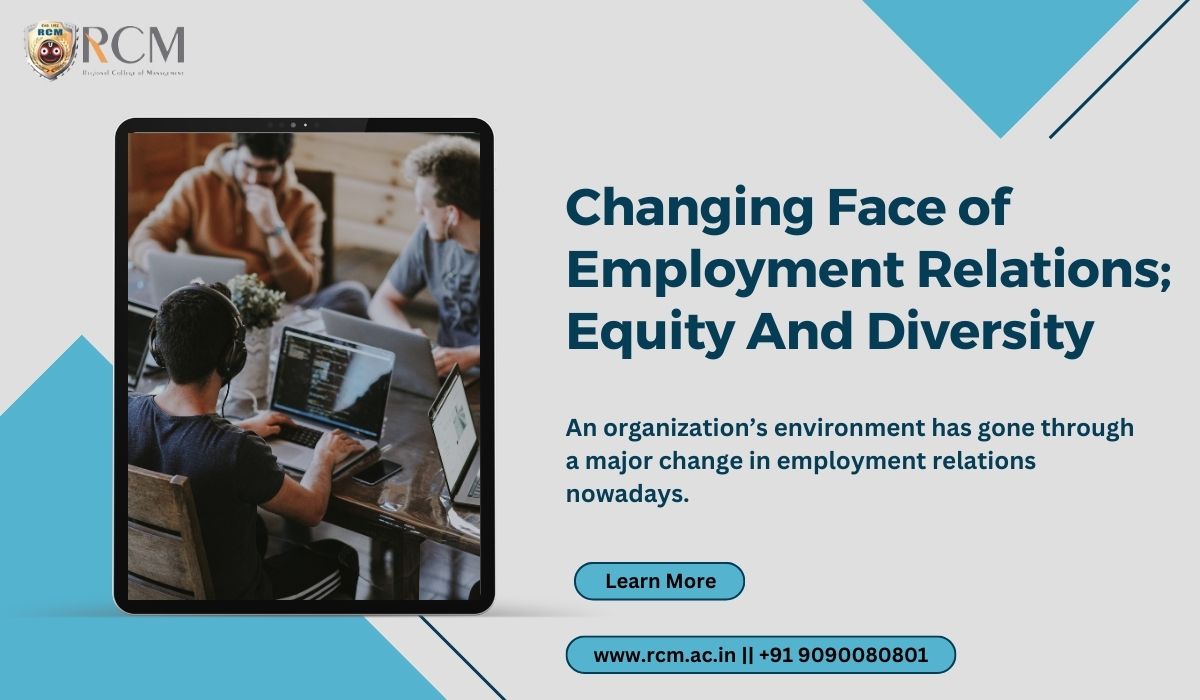An Introduction:
The present scenario in which we are existing is all about the digital mode, and the pandemic has made it more reasonable to adapt to the process frequently, which is now a new normal for all of us.
So, the industry, such as the business sector, the world in the marketplace. as it is all about buying, selling, consuming, and manufacturing. In this blog, we will talk about all about digital and traditional businesses and how the digital way has impacted the traditional way of business.
Managing a business has its own advantages and disadvantages. Well, this makes it more challenging and interesting. With a business, everything takes a different turn, it inherits certain risks, and there is a constant alarm to the customer requirements that always revolves in the owner’s mind.
Throughout history, any new technology that has been invented and introduced into society has revolutionized how that society works and lives. During the Industrial Revolution, society was compelled to adapt to new technologies or risk falling behind.
Today, in the age of the digital revolution and transformation, society has adapted and changed the way they work, live, and communicate. Borders are being opened, and access to a global market is becoming easier. As a result, organisations are adapting to both new technology and how they function. However, for a traditional business, the transfer to an online operation might be a little intense.
The Traditional Business:
A traditional business structure has a physical presence and serves customers locally through concrete establishments that provide services or products. In the case of a digital business setup, anyone from all over the world can use the internet to access the company’s services and products.
A traditional business provides services to consumers in exchange for money. While such businesses are concerned with making a profit, a few of them are non-profit organisations that work for clients without intending to make a profit.
The Different Kinds of Traditional Businesses:
Traditional business models include the following types:
- Manufacturer:
The manufacturing business model involves the use of raw resources to produce products that are then sold on the market.
- Distributor:
A distributor business model acquires products directly from the producer. The obtained products are subsequently sold to consumers or retailers by the corporation.
- Retailer:
A company using the retailer business model purchases products from the wholesaler/distributor. The goods are then sold to the general public. This category includes physical stores.
- Franchise:
In this arrangement, the company acquires the franchise of a well-known brand and promotes the brand’s services or products to the broader public. The franchise sector is a popular strategy to increase brand awareness across multiple locations.
Digital Business:
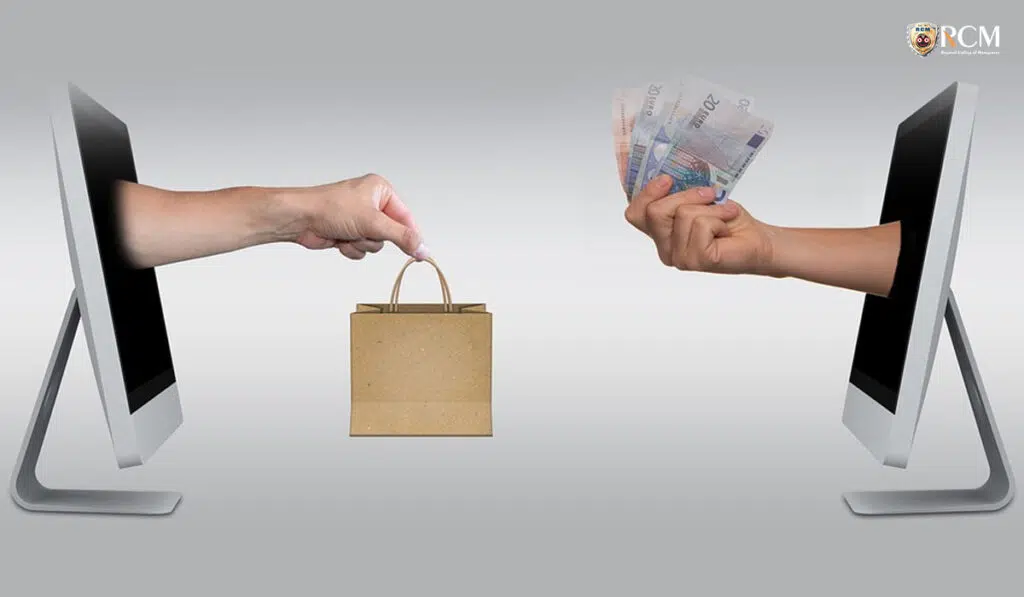
The modern kind of business is a digital business, which deviates vastly from the established standard. This method utilizes technology to create and add value, resulting in a completely different consumer experience.
The Different Kinds Of Digital Business Models:
The following are examples of digital business models:
- Basics:
Small businesses or start-ups come in this category. With a limited presence on digital platforms, such businesses rely on traditional marketing strategies such as direct mail and print advertising.
- The intermediate:
Another stage where small businesses rely on tools such as websites with general functionality, other elements, such as registration in portals and third-party marketplaces, play a significant role in this.
- The advanced version:
Advanced Digital Businesses in this category use advanced websites with mobile app versions or e-commerce capabilities. The importance of social media interaction cannot be overstated. Video conferencing, SAAS apps, and other tools are included in the toolbox.
This concept represents the pinnacle of Internet commerce. Such businesses are very visible on social media, have little or no physical presence (as opposed to brick-and-mortar storefronts), and interact frequently with clients via the Internet.
The Impact And The Variations:
Digital businesses operate around the clock, overcoming both geographical and time constraints. You can make online purchases at any time of day or night from anywhere in the world. Traditional businesses are restricted in terms of when and where they can operate.

Digital transformation provides a once-in-a-lifetime opportunity to revamp corporate operations. These procedures evolve over time and frequently include redundant and time-consuming activities. Digitalization, a new-age technology, can help to simplify such tasks.
With the utilization of new technical advancements, business operations such as data storage, communication, and analytics can become more collaborative and adaptable. As a result, profits are maximized and activities are completed more quickly. The company may move quickly while allocating the remaining resources to future improvement and advancement.
Enriches The Consumer Experience:
Customers are the heart and soul of a company and its motivating factor. As a result, client experience is critical to a company’s success. When compared to traditional businesses, digital businesses provide a superior consumer experience. As data, analytics, and communication become more powerful and collaborative, the flow of information becomes faster, allowing for the creation of more relevant and enticing products for consumers.
Improve Customer Relations:
The flow of information is becoming more rapid as a result of digital transformation. Departments can not only keep client information such as previous purchasing history and preferences, but they can also make this information available to customer relationship departments. With this knowledge, the agents can build custom services and help consumers retain long-term relationships.
It Increases Flexibility And Efficiency:
The digital transformation of business minimises data and information bottlenecks. The efficiency of the business grows as there is a rapid flow of information between departments and the removal of needless work. This can help lower some of the operating costs associated with complex and time-consuming activities.
Increases Market Speed:
Velocity and fast information flow, along with automated workflows, result in a shorter time to market for products. This is the result of the customer’s prompt feedback and response. Automated workflow guarantees that products are generated and improved as rapidly as possible. Digitalization also aids in the creation of a market for the products through the use of faster marketing channels and the creation of awareness about the various products in new regions.
To Sum It Up:
Digital is the future of business. Digital transformation benefits many elements of business operations, including marketing, operations, security, and research. However, executing such significant changes in an organisation is a difficult task. To ensure a smooth trip through digital transformation, ensure that implementation is done in stages with the support of a solid strategy. So breathe deeply, prepare a new strategy, and start making your business digital now!
